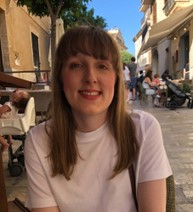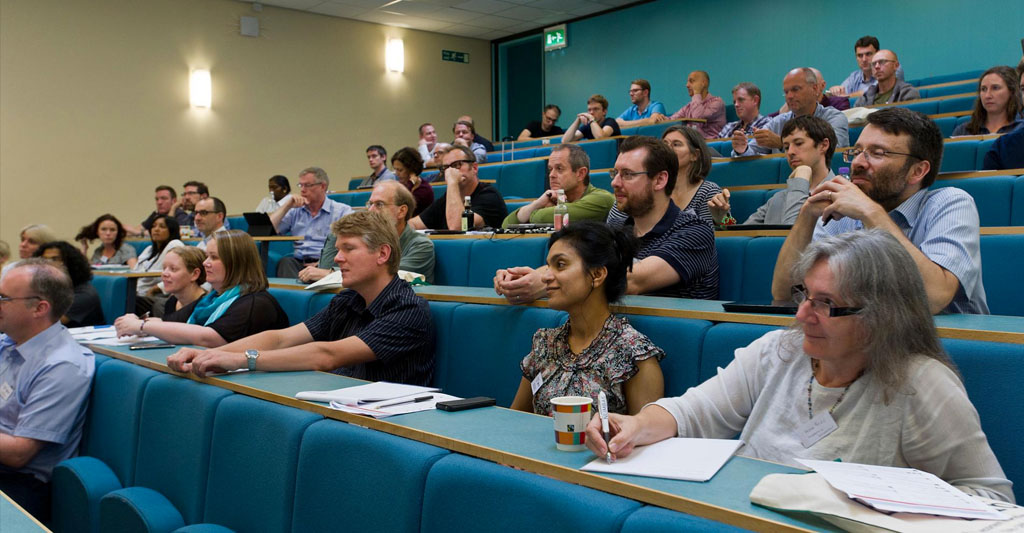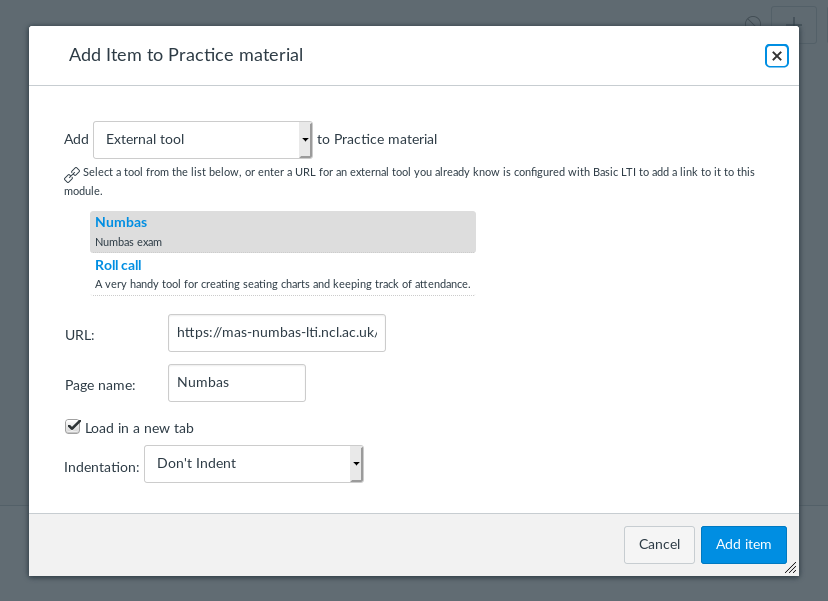The Numbas team in the School of Mathematics, Statistics & Physics is running the third international conference on E-Assessment in Mathematical Sciences (EAMS), taking place between 22nd June and 1st July 2020. The conference brings together researchers and practitioners with an interest in e-assessment for mathematics and science.
Following successful events here in Newcastle in 2016 and 2018, EAMS 2020 will be an entirely online conference, featuring a mix of live sessions and web-based activities, with plenty of opportunity for discussion and collaboration.
As many of us prepare to continue delivering teaching and assessment online, EAMS 2020 presents an opportunity to hear from experts in the field and get hands-on with software, including Numbas, which is used extensively across the University, in subjects that include Biomedical Sciences, Chemistry, Engineering, Maths, Physics, Psychology and Sports Science.
Live talks will take place over Zoom at 9am or 4pm BST (UTC +1) each day, with recordings available later. We hope that the online format and longer timescale will allow participants to engage more deeply with the material presented.
The call for talk and workshop proposals is currently open. If you have some research or an innovative technique related to mathematical e-assessment that you would like to present, then please submit an abstract at https://eams.ncl.ac.uk/call-for-speakers.
To attend the conference, please register for free at https://eams.ncl.ac.uk/register.







